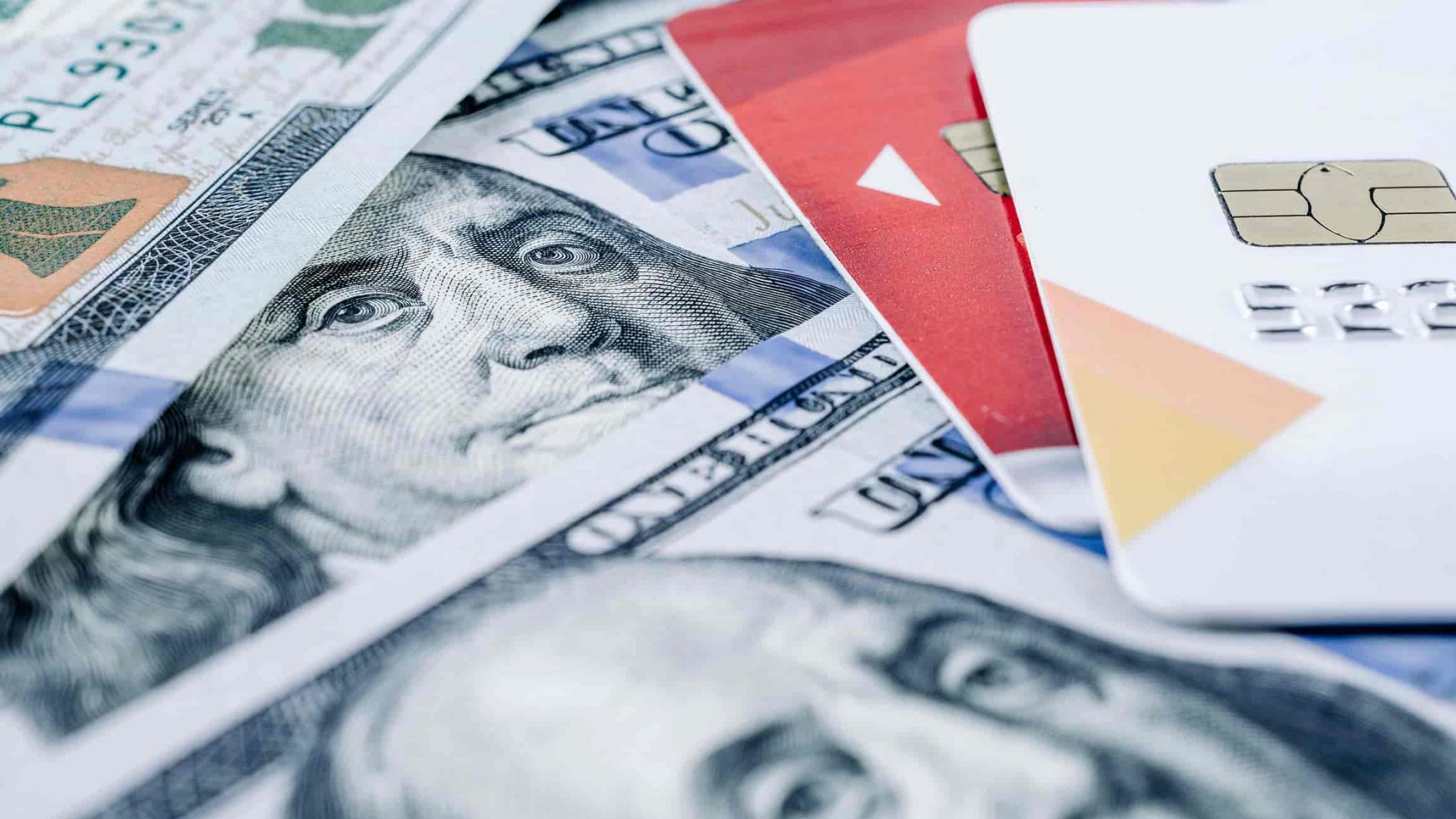The world of finance offers a myriad of options for managing your money, with forex cards and credit cards being two prominent choices. While they share some similarities, these payment methods have distinct features that set them apart. Understanding these differences is crucial to determining which card aligns best with your financial needs. In this comprehensive article, we will explore the nature of forex cards, their similarities to credit cards, and their unique characteristics.

Image: www.paulmerchants.net
Forex Card: A Brief Overview
A forex card is a specialized payment card designed to facilitate transactions in foreign currencies. Unlike traditional credit cards, which are linked to a specific currency, forex cards allow you to load and store multiple currencies on a single card. This eliminates the need for exchanging currencies at unfavorable rates at destination countries, offering significant savings on conversion fees. Forex cards provide the convenience of managing multiple currencies, simplifying travel and international expenses.
Forex Card vs. Credit Card: The Similarities
Both forex cards and credit cards share some fundamental functionalities:
-
Cashless Transactions:
Forex cards and credit cards enable cashless transactions, allowing you to make purchases at merchants and withdraw cash from ATMs without the inconvenience of carrying large amounts of foreign currency.
-

Image: blog.thomascook.inInternational Acceptance:
They are widely accepted at businesses and ATMs worldwide, providing flexibility and convenience when traveling abroad.
-
Convenience:
Forex cards and credit cards offer the convenience of accessing funds without the need for physical cash, reducing the risk of loss or theft.
Forex Card vs. Credit Card: The Differences
Despite their similarities, forex cards and credit cards have distinct characteristics:
-
Currency Loading:
The defining feature of forex cards is their ability to store and manage multiple currencies simultaneously. In contrast, credit cards are typically linked to a single base currency.
-
Exchange Rates:
Forex cards generally offer more competitive exchange rates than credit cards, allowing you to save on transaction fees. Credit cards may charge additional fees for foreign currency transactions.
-
Repayment:
Forex cards are typically prepaid, meaning you load funds onto the card before making purchases. Credit cards, on the other hand, operate on a revolving line of credit that allows for post-purchase repayment.
-
Credit Limit:
Credit cards have pre-set credit limits, which determine the maximum amount you can borrow and spend. Forex cards, being prepaid, do not have credit limits.
-
Interest Charges:
Credit cards charge interest on outstanding balances if not paid off promptly. Forex cards do not incur interest charges as they are prepaid.
Forex Card: The Pros
-
Cost Savings:
Forex cards offer considerable savings on currency conversion fees compared to credit cards and currency exchange services.
-
Multiple Currencies:
The ability to store multiple currencies eliminates the hassle of exchanging currencies and allows for convenient currency management.
-
Prepaid:
Prepaid forex cards provide the discipline of budgeting and avoid the potential for overspending compared to credit cards.
Forex Card: The Cons
-
Loading Fees:
Some forex card providers charge fees for loading and withdrawing funds, which can reduce the cost savings.
-
Limited Usage:
Forex cards may not be accepted as widely as credit cards, especially in certain regions or for specific types of transactions.
-
Foreign ATM Fees:
Withdrawing cash from foreign ATMs using a forex card may incur fees, depending on the provider and ATM network.
Is Forex Card A Credit Card
Conclusion
Whether a forex card or a credit card is the better option depends on your specific financial needs and travel habits. Forex cards offer substantial cost savings on foreign currency transactions, particularly for frequent travelers dealing with multiple currencies. However, their prepaid nature and potential loading fees may not be suitable for everyone. Credit cards provide the flexibility of post-purchase repayment and widespread acceptance, but often come with higher transaction fees for foreign currencies. Ultimately, the choice between a forex card and a credit card should be made after careful consideration of your financial situation and travel requirements.






